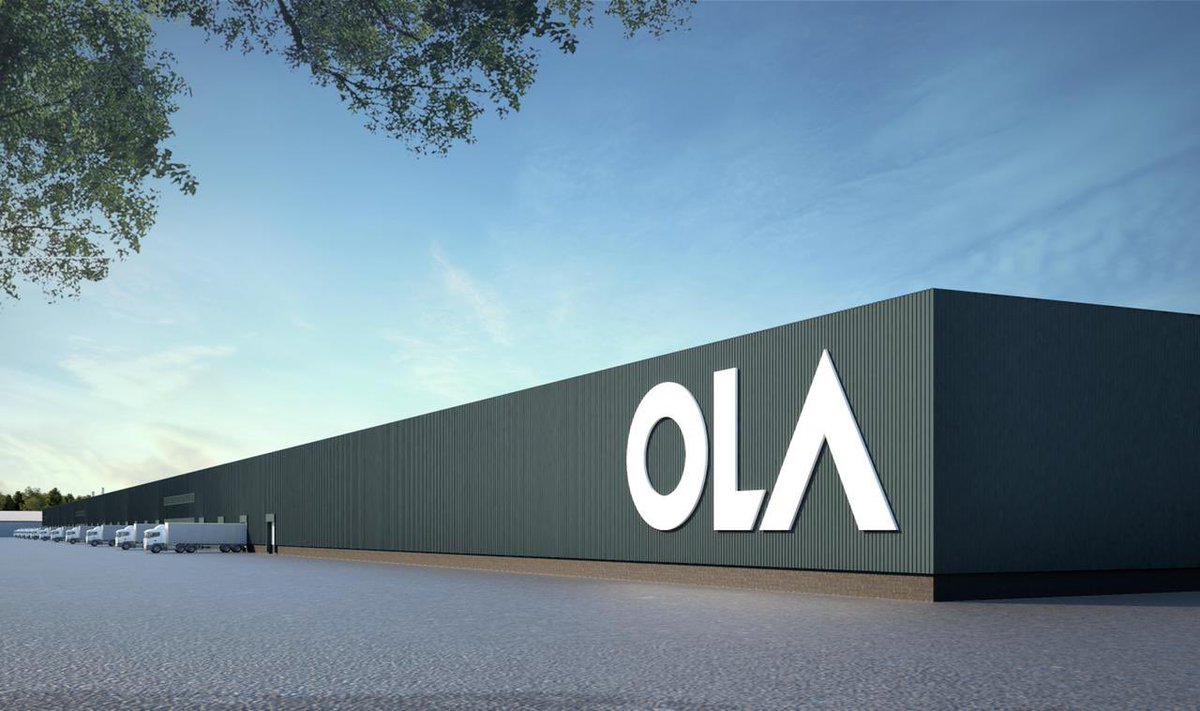SoftBank-backed cab-hailing giant Ola is reportedly looking to file for an initial public offering (IPO) in early 2022.
The Bengaluru-headquartered mobility firm is aiming to raise at least USD 1.5–2 billion by listing its shares on bourses at a valuation of USD 12–14 billion, a report by local media Economic Times (ET)said, citing sources. Another report by Bloomberg said Ola is eyeing a USD 1 billion IPO, seeking a valuation of USD 8 billion.
Ola, which plans to file preliminary documents with the market regulator Securities and Exchange Board of India over the next two months, joins a list of high-profile internet companies like e-commerce major Flipkart and hospitality unicorn Oyo that are likely to go public next year.
The offer is expected to be a mix of primary issuance of shares and an offer for sale by existing stakeholders. According to local media reports, Ola has selected investment banks, including Citigroup, Kotak Mahindra, Morgan Stanley, Goldman Sachs, and JP Morgan, to manage its listing.
In the run-up to its IPO early next year, the company is witnessing a change in its cap table. In July, Ola’s early backers, Tiger Global and Matrix Partners India, sold their partial stakes worth USD 500 million to other existing investors, including Temasek and Plum Wood Investment Ltd., an affiliate of global private equity fund Warburg Pincus. Moreover, the same month, the company expanded its employee stock options pool to INR 30 billion (USD 410 million).
In late 2019, Ola was aiming to go public by March 2021. However, its plans got derailed due to the COVID-19 pandemic that hit the country in March 2020. Subsequently, Ola’s core cab-hailing business came crashing down due to restrictions on mobility and transportation. By the end of 2020, the mobility unicorn started seeing a slight recovery. A RedSeer Consulting report released in May 2021 said mobility companies garnered 78 million rides in March, with cab-hailing businesses showing a swift comeback. However, that didn’t last long, as the second wave of the pandemic earlier in April and May again dampened the demand.
Industry veterans believe it may be difficult for Ola to get a high valuation during the public offering. The company has witnessed its valuation being marked down while struggling to keep its mobility business afloat during the pandemic. Earlier in March this year, US-based investment firm Vanguard Group, which owns less than 1% stake in Ola, slashed its valuation by half to USD 3 billion from around USD 6.5 million in 2019.
To turn things around, Bhavish Aggarwal, chairman and group CEO at Ola, has been focusing on the group’s electric vehicle (EV) business since last year.
In December 2020, the company announced the establishment of an EV manufacturing facility in the Indian state of Tamil Nadu with an investment of INR 24 billion (USD 320 million). Ola said the factory will build two-wheeler EVs, to begin with, and cater to customers across India, Europe, Asia, Latin America, and other regions. Last month, Ola Electric said it had received USD 100 million from the Bank of Baroda as a ten-year-long debt to complete setting up the first phase of its EV production facility.
Earlier this month, the company launched its two-wheeler EV Ola Scooter, for which it received 100,000 reservations within the first 24 hours when it opened pre-booking on July 15. Deliveries are expected to start in October. The company has also ventured into the used car retailing space with a new offering called Ola Cars. The move is expected to diversify its product portfolio and open a new revenue channel while demand for its core cab-hailing business recovers.
